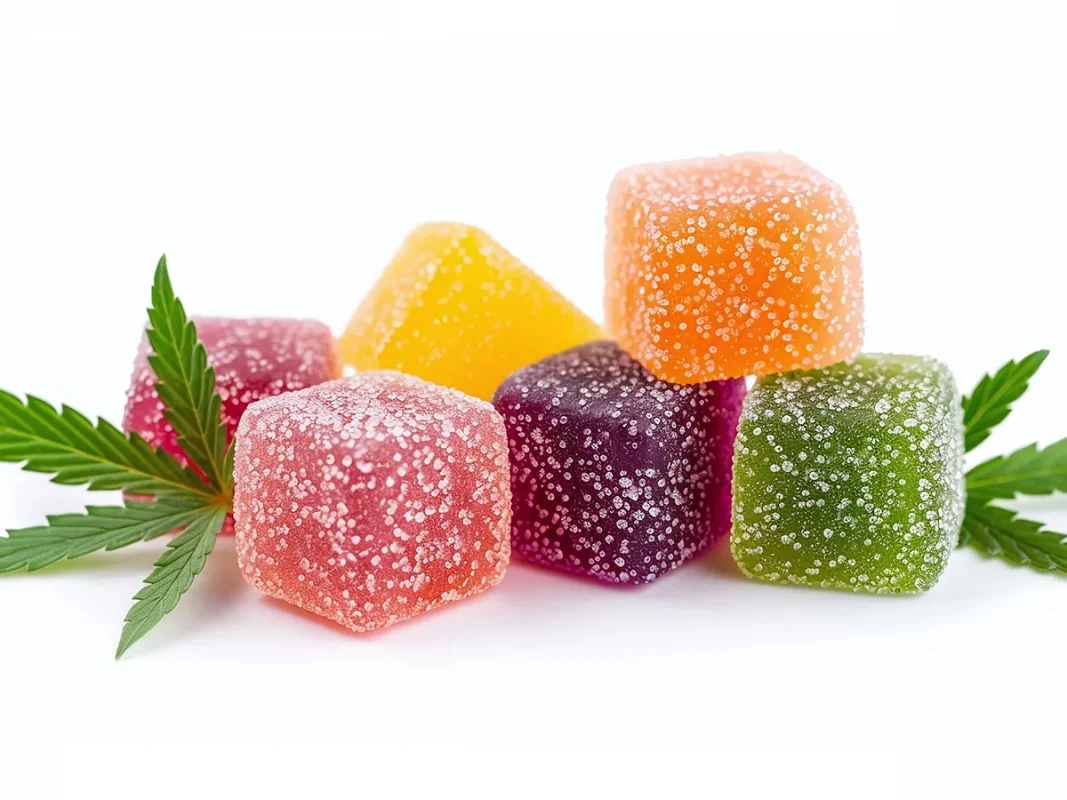CANADA,, DMT, psilocybin
LSD Edibles for Processing Grief and Emotional Pain
The Science: How LSD Edibles Affect Grief and Emotional Pain
LSD edibles—gummies, chocolates, and other ingestible formats—deliver lysergic acid diethylamide in a controlled manner, leading to gradual onset and extended effects. The use of LSD (lysergic acid diethylamide) in processing grief and deep emotional pain has garnered increasing attention in both anecdotal accounts and clinical research.
Mechanisms of Action
- Serotonin Receptor Activation: LSD acts primarily on serotonin 5-HT2A receptors, which are linked to mood and emotional processing. This can foster emotional openness and disrupt repetitive negative thinking.
- Neuroplasticity: LSD promotes neuroplasticity—the brain’s ability to form new connections—allowing for reprocessing of traumatic or distressing memories and emotional patterns.
- Default Mode Network (DMN): By decreasing DMN activity, LSD can help break cycles of rumination and self-focused grief, opening up new perspectives and insights about loss.
What Does the Evidence Show?
Emotional Access and Release
- Clinical and user reports indicate that LSD can enable individuals to access and process deeply buried or suppressed emotions, including sadness, anger, guilt, or longing.
- This deeper emotional access may result in catharsis—a sense of emotional release or breakthrough that was difficult to reach through conventional therapy alone.
Addressing Prolonged Grief
- Studies of LSD and related psychedelics (like psilocybin) show potential for relieving symptoms of prolonged grief disorder (PGD). These effects may stem from facilitated emotional processing, vivid inner experiences, and reframing of personal narratives around loss.
- Research also shows improvement in grief symptoms after psychedelic experiences, with many reporting reduced emotional pain and greater acceptance of loss.
Enhancement of Empathy and Connectedness
- Acute doses of LSD are found to increase emotional empathy, feelings of closeness, happiness, and trust—qualities that can be crucial when navigating grief and pain.
- Positive effects sometimes persist for days after use—the so-called “afterglow”—characterized by improved mood and a sense of emotional buoyancy.
Transforming Challenging Experiences
- Difficult psychedelic journeys (“bad trips”) often center around themes of loss or grief. Narratively, users can convert these intense emotional experiences into healing ones, often aided by therapeutic guidance and later reflection.
Limitations and Considerations
- Individual Response: Not everyone responds positively to LSD. Some may experience increased anxiety or distress, especially when facing raw emotions without adequate support.
- Setting and Support: Most positive outcomes, especially for grief, occur in safe, supportive, and intentional contexts—often with professional therapeutic integration.
- Legal and Safety Risks: LSD remains illegal in most countries outside clinical trials. Side effects are possible, and its unsupervised use can occasionally exacerbate psychological distress.
Comparison With Other Psychedelics
- Similar benefits have been reported with psilocybin and ayahuasca, especially in creating healing inner experiences and shifting perspectives on life and death.
- Research is ongoing, but the underlying mechanisms—increased neuroplasticity, emotional access, and DMN disruption—are common among classic psychedelics.
Key Takeaways
- LSD edibles may help process grief and emotional pain by unlocking deeper emotional access, reducing rigid patterns of negative thinking, enhancing empathy, and creating opportunities for emotional release and new meaning.
- Profound benefits are most likely when use occurs in a therapeutically guided, safe environment, with proper support for integration and reflection on the experience.
- Effects vary widely, and risks remain, especially with unsupervised use or in people with a vulnerability to mental health conditions.


